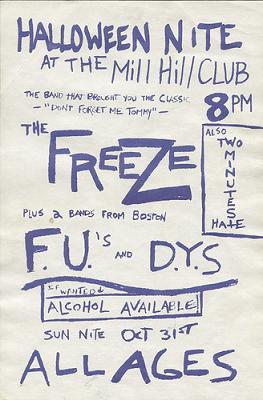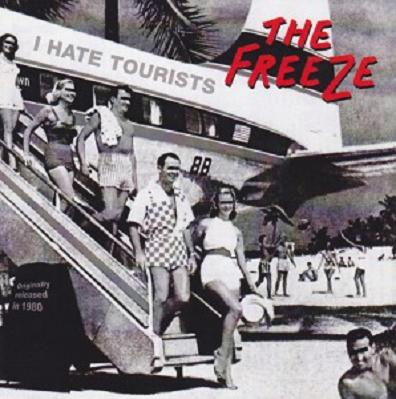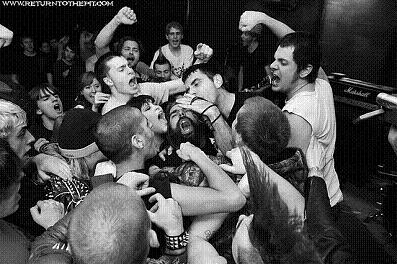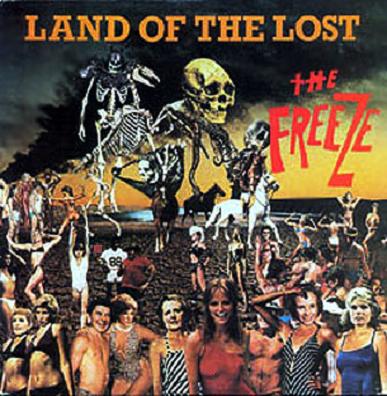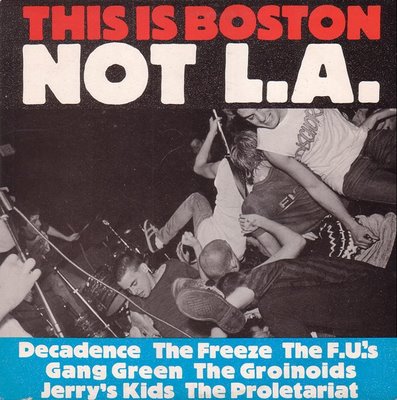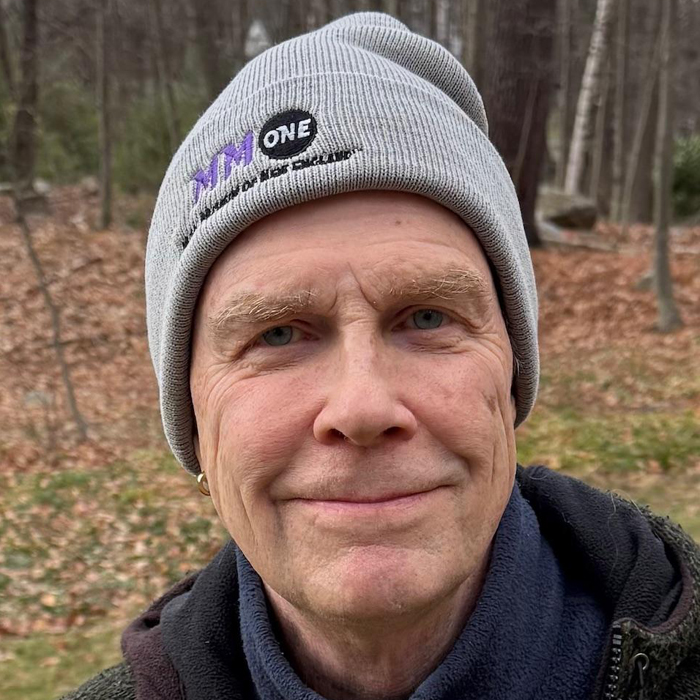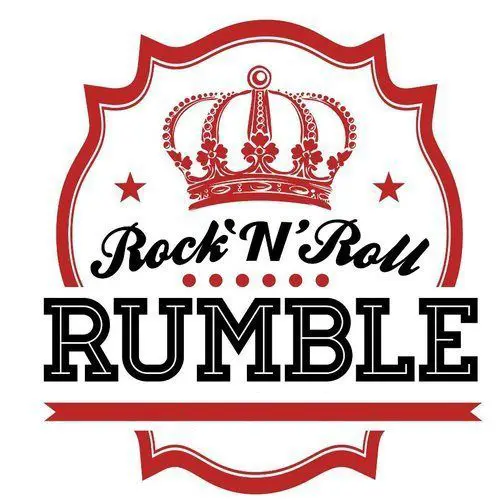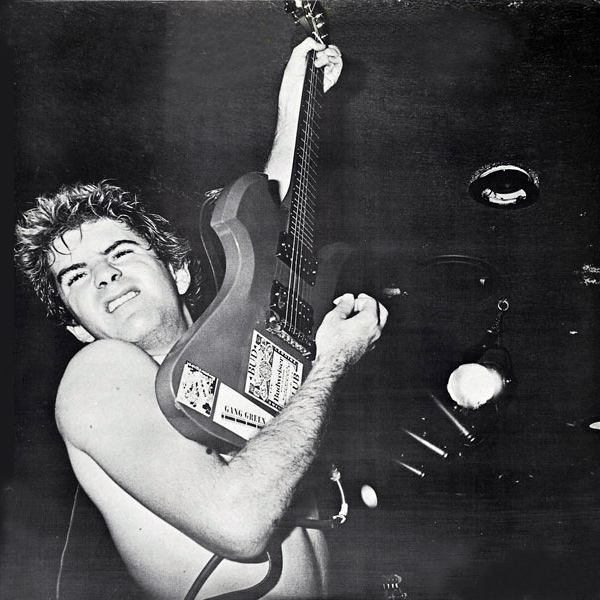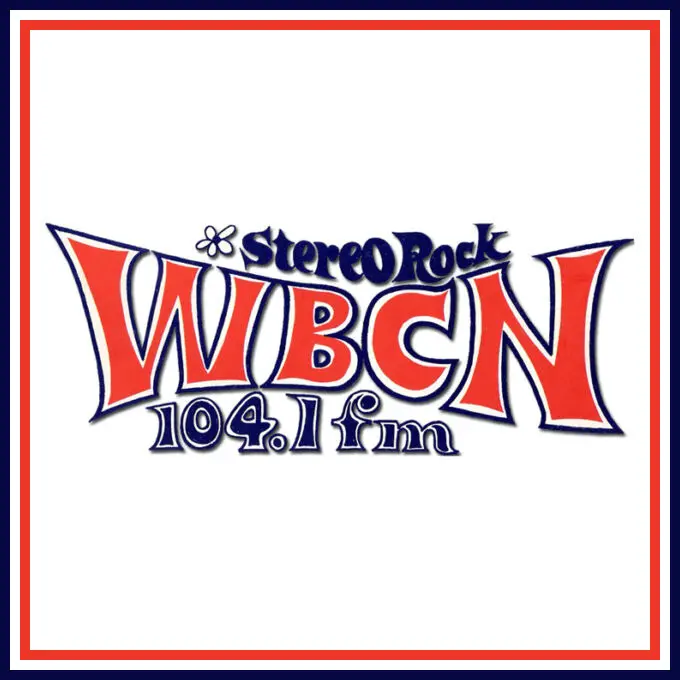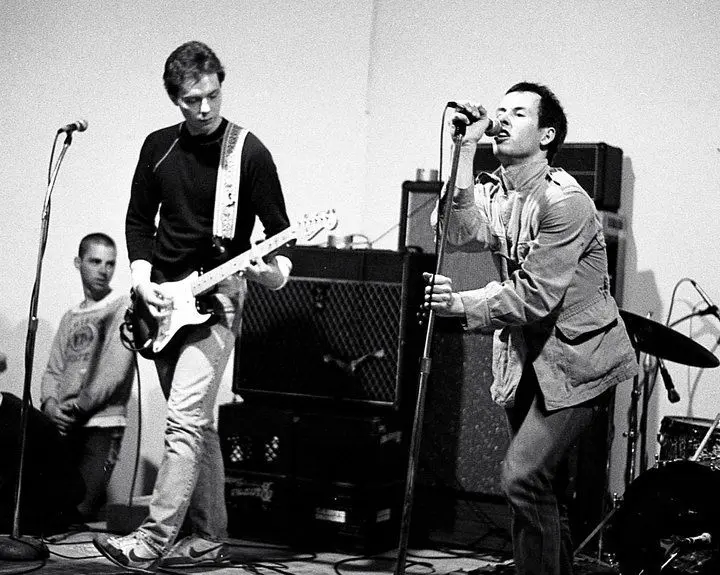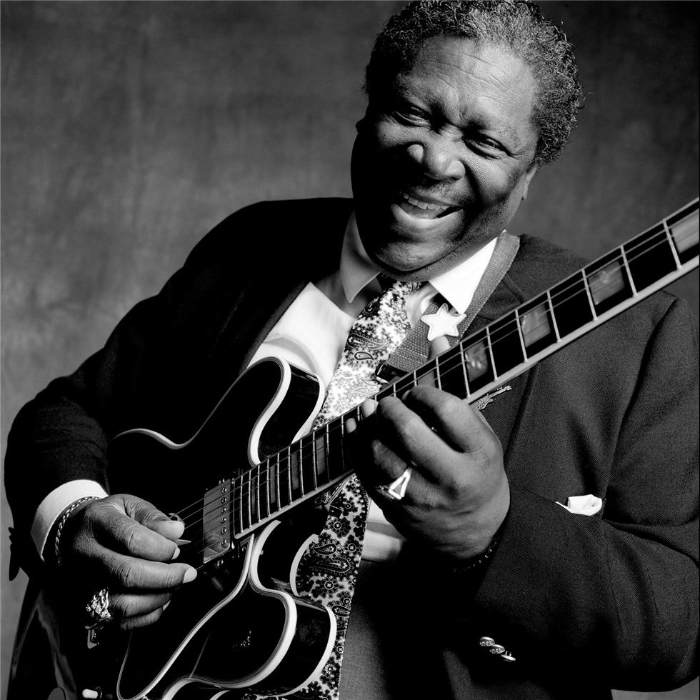The Freeze
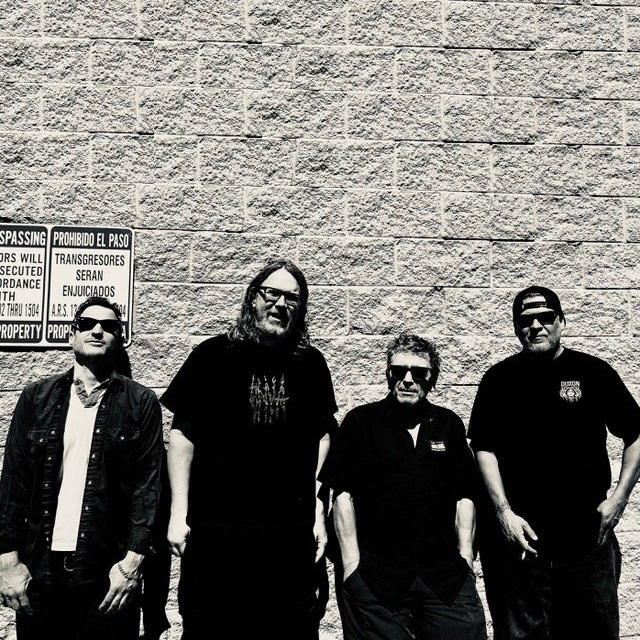
A furious mosh pit had opened up, close by and threatening. Old enough to remember getting scuffed up in similar situations, I stepped back several paces to avoid collision with any hurtling humans. This proved to be a wise move since the ragged circle of bouncing and slamming bodies widened drastically within seconds as the headliners slammed into their first song. It was ‘Hardcore Night,’ a relatively recent option at the Mill Hill Club in West Yarmouth, the grey-haired and venerable Cape Cod eatery and light-entertainment emporium that had hosted B.B. King, The Grassroots and Gary Lewis & The Playboys over the years. That was then, though, and this was now – April 19, 1982. I’d journeyed south to the Cape from Boston after being urged by the manager of The Freeze to personally witness the rock scene that they’d almost single-handedly built there.
The F.U.’s had driven down from Boston too and had incinerated the audience with a blazing no-nonsense rush of nonstop rock that would have passed The Ramones like a Corvette flashing by a Model T on the Mass Pike. As hosts of the event, The Freeze went on last, and the friendly competition between bands pushed the headliners into their own red zone, where fingers on the strings or the drumsticks went numb from repetition, the lead singer howled his throat raw not a third of the way through, and even this frenzied audience of 18-plus nuclear engines ran clear out of breath. A teeming mass of sweaty humanity was on its way to total exhaustion on a Monday night in the quietude of the off-season Cape. All of this in West Yarmouth? WTF?
FORMATION, FIRST SINGLES, ROCK ‘N’ ROLL RUMBLE
But as the manager implied, The Freeze had built their own house down there while the Boston hardcore scene 75 miles north grew up through groups such as Jerry’s Kids, SSD, Gang Green and The Proletariat. To find the beginnings of it all, you had to go to Clif Croce (aka Clif Hanger), who set upon his life’s work in 1977 when he first heard The Ramones on the Cape Cod Community College radio station WKKL-FM. That triggered a pilgrimage to the local record store, where he began gobbling up early punk rock vinyl from New York, L.A. and London. By late ’78, Hanger had recruited a bunch of his high school mates to form a band based on the politics and power of English punkers Sex Pistols and The Clash reinforced with the caustic approach of California contemporaries like Dead Kennedys and Black Flag. In a bid to avoid boredom, the young players in The Freeze rehearsed, took gigs where they could find them and by 1980 had enough cash to record a debut single.
That 7-inch 45 changed everything. Although “Don’t Forget Me Tommy” was the A-side, the flip, “I Hate Tourists,” got all the attention. The band pressed 2,000 copies to give out as promos, sell at gigs, or just throw into the crowds. The B -side was a common sentiment for locals who had to endure the bloating of the Cape every summer as hordes of visitors arrived for the season. The abundance of f-bombs in the lyrics almost insured the song never reached radio playlists, but the fans loved it. Even as a Christian group reportedly tried to get the record banned, The Boston Phoenix voted it one of the best singles of the year. On the map now, in 1981 The Freeze was invited to play in the Rock ‘n’ Roll Rumble, Boston’s premier local band competition hosted by WBCN. Even though the group didn’t win, the credibility Clif Hanger and his cohorts received in the media was invaluable, plus they mingled and made friends in the exploding Boston hardcore rock scene.
“THIS IS BOSTON, NOT L.A.,” OTHER RECORDINGS, LATER ACTIVITY, LEGACY
The Freeze wrote and performed a new song called “This is Boston, Not L.A.,” which encouraged bands to find their own voice and not just imitate others. That tune became the key track and title of New England’s definitive local hardcore-band compilation in 1982, released by Modern Method Records, which went on to sell over 40,000 copies. Now considered equal peers with their Boston counterparts, the members of The Freeze used their new clout to bring bands to the Cape, convincing establishments like the Mill Hill Club to put on high-energy mosh-fests and risk some property damage, all in the name of rock ‘n’ roll.
As the classic Boston hardcore bands began taking their swan-song stage dives, The Freeze continued performing and recording: 10 albums (beginning with 1983’s Land of the Lost), five collections and over 70 appearances on various hardcore, punk and rock compilations. Through an ever-changing series of lineups, Hanger is the only constant in a group that’s seen over 40 members come and go. Out of that parade of shredders, guitarist Bill Close emerged as his principal songwriting collaborator. In the mid-aughts, Hanger moved out to Phoenix but kept the band alive with Close living relatively nearby in Los Angeles. More than 45 years down the road, they can argue that The Freeze is the heavy-weight champion of Boston hardcore. Their vast catalog and long history of performances certainly supports that claim, and at this point there’s simply no one left in the scene to dispute it, so raise that trophy high. Long may you mosh!
(by Carter Alan)
Carter Alan is a former WBCN deejay now heard on WZLX-FM in Boston. He’s the author of Outside is America: U2 in the U.S. (Faber & Faber, 1992), U2: The Road to Pop (Faber & Faber, 1997), Radio Free Boston: The Rise and Fall of WBCN (University Press of New England, 2013) and The Decibel Diaries: A Journey Through Rock in 50 Concerts (University of New England Press, 2017).

